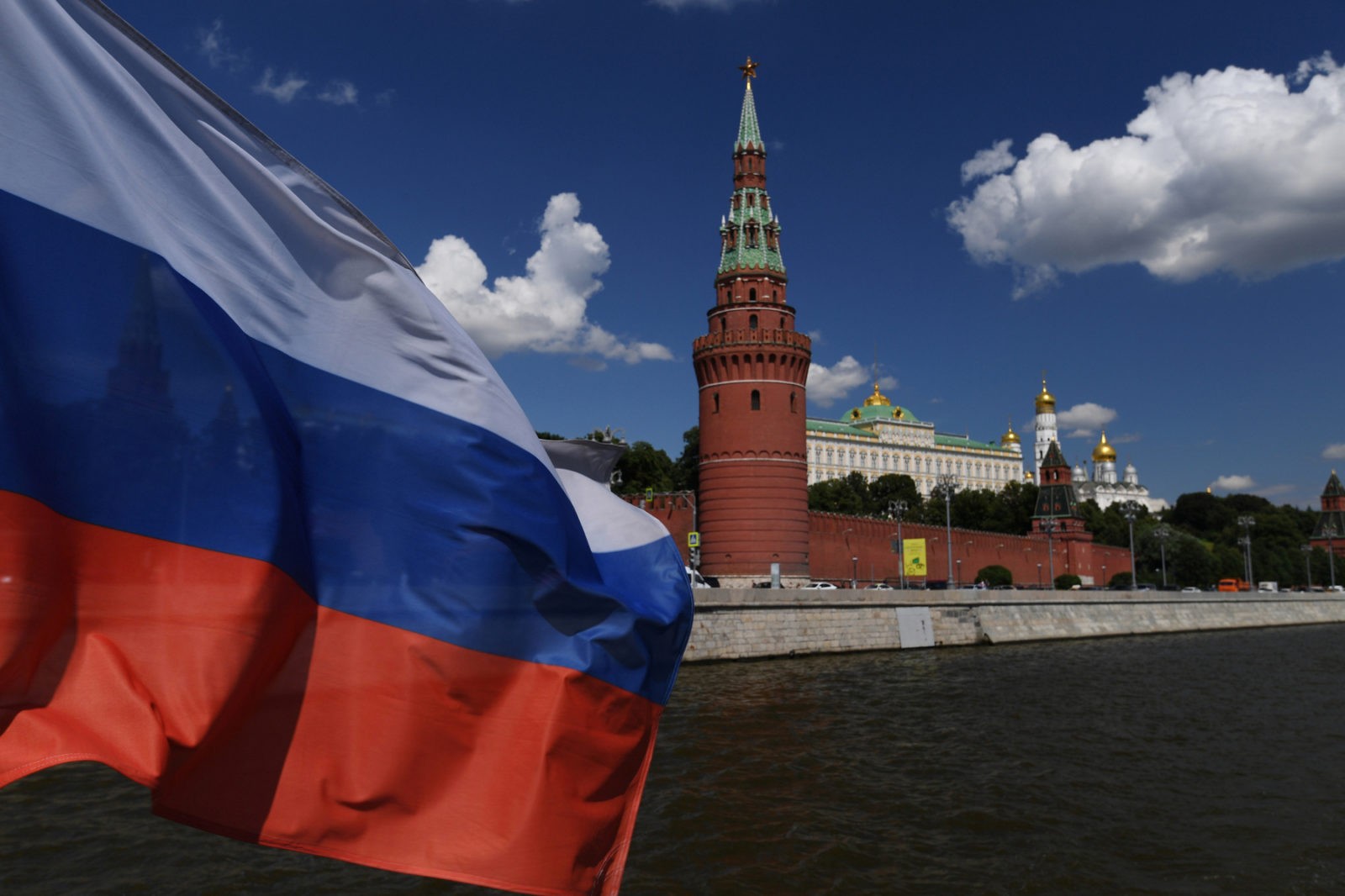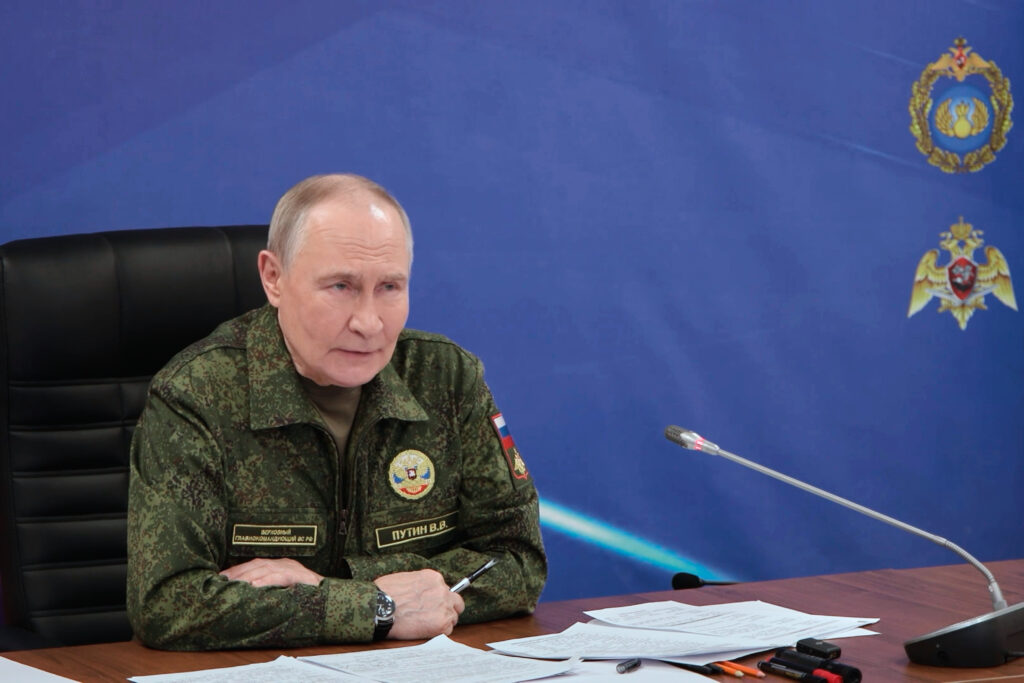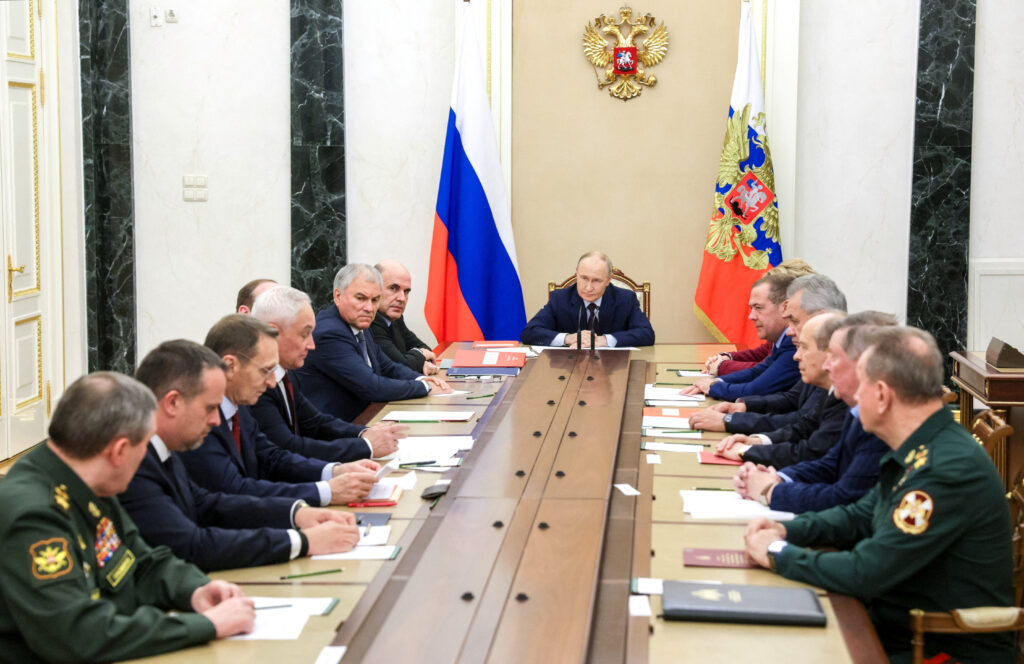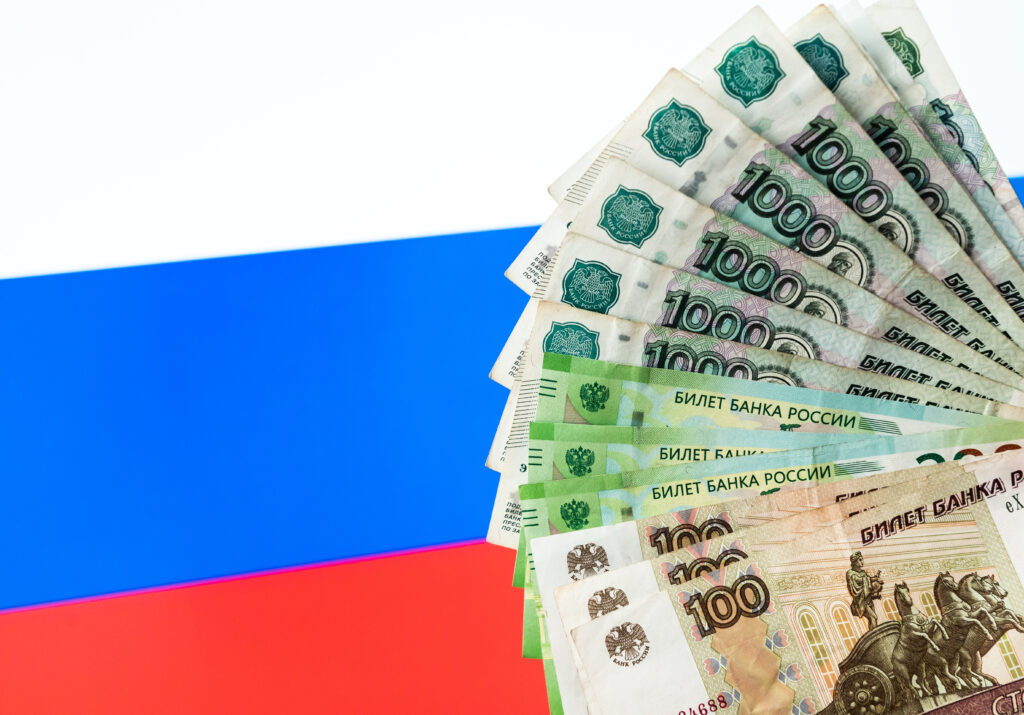Practically all analysts and observers of Russia today, regardless of their political leanings, tend to agree about the country’s low quality of governance. According to the World Bank, the basic facets of good governance are respect for the rule of law, control over corruption, and effective state authorities operating with high quality regulatory oversight. In the modern world, a high prevalence of all these factors is inherent in states with higher levels of socio-economic development. In this regard, Russia systematically underperforms, with a quality of governance comparable to that of underdeveloped states in Africa and Latin America. In short, Russia’s quality of governance is far poorer than what would be expected from an urbanised, educated, and technologically advanced country. My new book, Bad Governance: Politics in Modern Russia, recently published by the European University Press in St Petersburg, considers the reasons behind this taste of affairs and the mechanisms which maintain it.
«Bad governance» has become a widespread term with multiple translations across cultures; in Russia, it is called «nedostoynoye pravleniye.» But when it comes to understanding governance in Russia, the term may be a little misleading. Russia’s problems with poor quality governance are more than a few «design flaws» in the country’s mechanisms of public administration; this mechanism actually operates on fundamentally different grounds than those of the normative idea of «good governance» (the principles of which are implied to be «trustworthy, reliable, impartial, un-corrupt and competent government institutions.») This is because the dominant economic and political order of modern Russia is based on rent-seeking and corruption, which depends on poor quality state regulation and routine violations of the rule of law. This order is buttressed at all levels of the regime’s «power vertical,» which ensures that the «rules of the game» are implemented in such a way as to facilitate the ruling elites’ continued hold over the country. In layman’s terms, the shared goal of these elite groups is nothing less than the wholesale plundering of the country’s resources for as long as possible and on the largest scale possible — of course, without incurring any repercussions. The reality of life in modern Russia is saturated with examples of this approach to state governance: a vivid depiction can be seen in Andrey Zvyagintsev’s 2014 film Leviathan.
So how did this form of «bad governance» appear and take root in modern Russia? The two most widespread explanations are, in my opinion, both incorrect. The first blames Vladimir Putin and his entourage, who govern the country for their personal enrichment and by doing so jeopardise the national interest. While it is hard to disagree with much of this account, it is also a superficial and entirely «top down» explanation. It is important to take into account that in the early 2000s, the Russian authorities did take a number of steps aimed at improving the quality of state governance (some of these were successful, but many of them failed.) Furthermore, from Kazakhstan to Ukraine, many post-Soviet states are cursed with poor quality of governance not too different, and in some cases much worse, than Russia’s. The second approach holds that Russia’s quality of governance has always been low, through the Soviet period all the way back to the times of Ivan the Terrible. This weighty «legacy of the past» is supposedly so deeply ingrained in Russia that it simply cannot be overcome. However, such a deterministic view as this cannot account for the variation in quality of governance across different regions of Russia, in certain political contexts, and in individual state institutions. This gives rise to some important questions: what role do these aforementioned «success stories» play? Can they change the overall dismal picture of governance in Russia? And why do some of these silver linings result in long term changes for the country overall while others do not?
I maintain that, contrary to the opinion of many experts, «bad governance» is the global norm and «good governance» is by far the exception. Many rulers past and present have tried to conduct themselves as the leaders of our country do, but are often hampered by restrictions on their power which force them to care about their states’ quality of governance. Foreign policy plays an important role here: poorly run countries suffered defeats in wars, and their rulers risked losing power at the hands of conquerers. The domestic political sphere is another limitation: corrupt and ineffective rulers can and have been overthrown by disgruntled elites in «palace coups» or furious masses on the streets. There are also specific institutions which complicate any attempt to pursue «poor governance»: the judiciary, independent media, free elections, and autonomous civil servants to name but a few. However, if and when these obstacles and restrictions slacken, then rulers are able to enrich and empower themselves with relative impunity. They can consolidate their position and ratchet up the rent-keeping without losing too much sleep about the long term consequences for their country’s development.
While monarchs in ages past dreamt about handing a successful and prosperous kingdom to their anointed heirs, the leaders of post-Soviet states (with a few exceptions) can expect nothing of the sort. Their political vision and long term plans end at the horizon of their rule. To use Mancur Olson’s terminology, such rulers tend to behave as «nomadic» and not as «settled» brigands; for them, the most rational strategy of governance is to assume control over a country, formalise their informal power, and then sequester their wealth overseas. This strategy, argue Bruce Bueno de Mesquita and Alistair Smith in their Dictator’s Handbook, is both very successful in securing authoritarian leaders’ hold on power, even if it comes at the cost of their own country’s decline.
In the Russian case, the realities of domestic and foreign policy turned out to be very weak obstacles to «bad governance.» Furthermore, the painful and confusing experience of the transformations of the 1990s has in many senses legitimised the political status quo; although the political elite did consider other approaches to managing the country, part of them and sections of the population regarded these alternatives as risky and undesirable. Unsurprisingly, the political and economic order maintained by the authorities has benefitted the latter immensely: for example, key companies became the fiefdoms of important players in the informal ruling coalition, who redirect taxpayers’ money in their favour. In illustrating this trend, my book focuses on the example of Russian Railways under the management of Vladimir Yakunin —- an example which is by no means exceptional.
However, Russia has still not collapsed. Russian leaders, realising the risks that their own «bad governance» poses, are attempting to incorporate a kind of «damage control» into government mechanisms. Admittedly, this extreme inefficiency sometimes covers up the basic fact of large scale embezzlement of capital from the state. But increasingly, a number of important decisions in strategically important sectors of the state apparatus have been entrusted to qualified specialists: technocrats who are brought in to forestall catastrophic failures. The Central Bank of Russia, for example, is now fighting inflation with some success, while the Ministry of Finance will not permit a budget deficit and until recently conducted a successful taxation policy. These technocrats’ occasional achievements are a cause for some pride on the part of the leadership. This is how «pockets of efficiency» arise: individual spheres of governance, projects, and institutions aim at achieving «success stories.» But the picture is not so rosy: as a rule, behind these achievements stand political patrons from the country’s top leadership and individual managers who act as «policy entrepreneurs.»
If and when these entrepreneurs «sell» their ideas to the state’s upper management, they will get carte blanche from the latter for special access to resources and special regulatory conditions in order to quickly achieve their promised «success story.» My book demonstrates that this approach can be found to many projects, from the Soviet space programme to Moscow’s Higher School of Economics today.) However, «success stories» in the context of «bad governance» face other constraints. Firstly, rulers cannot have a large number of priority projects, as the success of some closes the possibility of implementing others. Furthermore, the management’s priorities can change over time, as other projects and initiatives attract interest. Finally, political patronage is never eternal: a new ruler can threaten to put a stop to the innovations so cherished by the previous leadership. As I note in the book, the fate of Dmitry Medvedev’s planned Skolkovo innovation park is a good example.
In my opinion, the key reasons for «bad governance» in Russia lie in the nature of the country’s regime, which is often referred to as an electoral autocracy. Throughout the 1990s and particularly in the 2000s, the Russian political elite were convinced that an authoritarian regime could create the conditions for accelerated growth and development, following the example of some «developmental dictatorships» in East Asia. This idea generated enthusiasm among technocrats who feared that democracy would bring instability. But, as Dani Rodrik rightly pointed out, «there are many Mobutus for every Lee Kuan Yew,» and that the Russian experience may not prove an exception to the rule. Over time, the Russian leadership’s desire for authoritarian modernisation decreased, as the institutions of electoral autocracy did not contribute towards governing the country effectively. Instead, the authorities sought to minimise the political risks posed by undesirable election results or mass protests, while sacrificing any prospects of growth or development. Their planning horizon is therefore short-term in nature; any blueprints for transformation are drawn up and implemented under pressure from rent seeking elites. A telling example of their success is the fact that one such government programme, Strategy 2010, was only 30% implemented, while its successor Strategy 2020 by less than 30%. Tensions and conflicts with the outside world only accelerate these trends, alongside the desire to protect the country from the West by any means, as do Russian leaders’ baseless conviction that the last decades of the Soviet Union constituted a «golden age.» This diagnosis leads to one conclusion: as long as Putin continues to lead the Russian state, in whatever post, there can be no talk of an improvement of the quality of our country’s governance.
The longer term future presents another problem. Although the democratisation of Russian politics and society is a necessary condition for any cardinal changes to «bad governance,» it is not sufficient alone. Ukraine’s experience after the «Revolution of Dignity» of 2014 indicates that, despite the existence of free and competitive elections, an independent press, and an active civil society, progress in reforms of state administration still remains very modest. In fact, experts doubt that such progress will be seen in the short term. Reversing «bad governance» will require the political will of the country’s leaders and society at large. It will require large scale and long term effort which will also demand numerous costs from the country and its citizens. The success of these reforms will by no means be guaranteed, but the only alternative is to maintain Russia’s political and economic status quo. In that scenario, the long-term cost to Russia could be even worse: the country’s decline could simply become irreversible.









